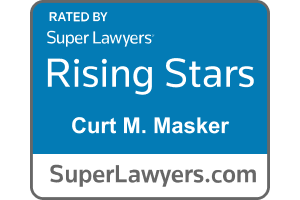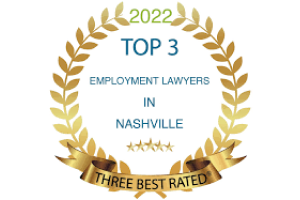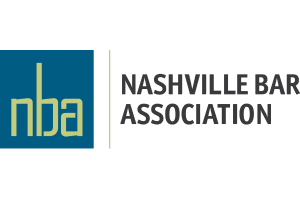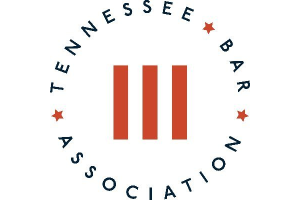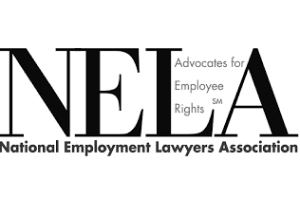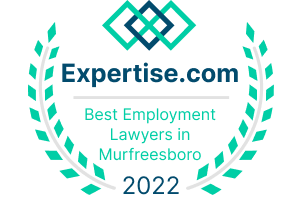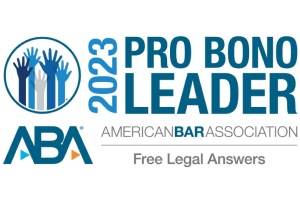for Workers
Racially Hostile Work Environment
Our Nashville hostile work environment lawyers fight for workers who have been subjected to a racially abusive work environment.
If you are experiencing severe or pervasive racial slurs such as the “n-word” you are likely the victim of a racially hostile work environment. Hostile work environment claims are highly fact specific and speaking with an experienced employment lawyer to review your specific circumstances is a good idea.
Legal Remedies for Hostile Work Environments
A racially hostile work environment is prohibited by both Tennessee and federal law. Employees who suffer from such an abusive environment can seek monetary and equitable relief, including back pay, front pay, emotional distress damages, punitive damages, and reinstatement.
Racially offensive conduct in the workplace is a pervasive problem. Between 2010 and 2019, the EEOC received over 300,000 complaints of race-based discrimination. Under Title VII, the Tennessee Human Rights Act, and 42 U.S.C. § 1981, severe or pervasive “jokes,” insults, and slurs that are racially offensive may constitute a racially hostile work environment.
Proving a Hostile Work Environment Claim
Most hostile work environment cases are proven by circumstantial evidence. The first step in doing so requires establishing a “prima facie” case, meaning an initial showing of discrimination.
In order to establish a prima facie claim, a plaintiff must show that he or she:
- (1)is a member of a protected class;
- (2)he was subjected to unwelcome harassment;
- (3)the harassment was based upon his race;
- (4)the harassment had the effect of unreasonably interfering with his work performance by creating an intimidating, hostile or offensive work environment; and
- (5)employer liability.
How Courts Evaluate Hostile Work Environment Claims
Importantly, in reviewing hostile work environment claims, courts must consider the “totality of the circumstances” and should not “carve the work environment into a series of discrete incidents and then measure the harm occurring in each episode.” Jackson v. Quanex Corp., 191 F.3d 647, 660 (6th Cir. 1999).
In practical terms, this means that each plaintiff does not need to be the target of, or a witness to, the harassment of others in order for the court to consider that harassment; rather, each plaintiff just needs to know about the harassment of the other plaintiffs. Berryman v. SuperValu Holdings, Inc., 669 F.3d 714, 718 (6th Cir. 2012).
To be “racially hostile,” the offensive conduct must be severe or pervasive and the work environment must be objectively and subjectively offensive. The workplace must also be considered “abusive” as determined by a reasonable person. Factors that courts use to evaluate whether or not a work environment was racially abusive include “the frequency of the discriminatory conduct; its severity; whether it is physically threatening or humiliating, or a mere offensive utterance; and whether it unreasonably interferes with an employee’s performance.” Ladd v. Grand Trunk W. R.R., Inc., 552 F.3d 495, 496 (6th Cir. 2009). Some of these factors are discussed below.
Contact our Nashville-based hostile work environment lawyers today for a free online case review.
1. Severity
The use of a highly offensive racial slur such as the n-word can be sufficiently severe enough to establish a hostile work environment (although this depends on many factors).
The federal appellate court for Tennessee has held that the use of the n-word “evok[es] a history of racial violence, brutality, and subordination.” Bennett v. Metro. Gov’t of Nashville, No. 19-5818, at 16 (6th Cir. Oct. 6, 2020).
In contrast, the word “boy” may or may not be racially offensive depending on the tone, context, and environment in which it was used. For example, if you are an African American adult male and you were called “boy” in a hostile, chiding, and mean-spirited manner by a white male, then this would likely to be viewed as abusive. Likewise, racism that includes physical threats or interferes with your job is more likely to be legally actionable.
2. Frequency
Repeated racial slurs occurring over a long period of time are more likely to be actionable compared to a few racial comments over the course of several years. The more often the racially offensive language and conduct occurs, the stronger the claim for a racially hostile work environment.
Note that federal and state law do not prohibit simple teasing, offhand comments, or isolated incidents that are not serious.
3. Number of Plaintiffs
There is power in numbers. Unlike some legal claims, the victims of racially offensive conduct can secure aggregate review of their hostile work environment claims. This means that if the plaintiffs can show that they were each individually aware of the harassment experienced by the other plaintiffs, then the court will treat the plaintiffs as having experienced all of the racially offensive conduct occurring in the workplace. InterRoyal Corp. v. Sponseller, 889 F.2d 108, 111 (6th Cir. 1989).
Crucially, in multi-plaintiff cases, to secure aggregate review of racially hostile work environment claims, the plaintiffs must have worked in close proximity to each other. If the plaintiffs frequently worked at different worksites from each other, then the court may decline aggregate review of the claims, which may weaken their legal viability.
4. Employer Liability
Employers are vicariously liable for the actions of their employees. A company is automatically liable for harassment by a supervisor that results in a tangible employment action such as termination, failure to promote or hire, and loss of wages. If the supervisor’s harassment results in a hostile work environment, the employer can avoid liability only if it can prove that:
- it reasonably tried to prevent and promptly correct the harassing behavior; and
- the employee unreasonably failed to take advantage of any preventive or corrective opportunities provided by the employer.
The employer will be liable for harassment by non-supervisory employees or non-employees over whom it has control (e.g., independent contractors or customers on the premises), if it knew, or should have known about the harassment and failed to take prompt and appropriate corrective action.
Short Deadline to Preserve Your Claims
In Tennessee, employees have 300 days or less to file their federal discrimination claims with the EEOC. As such, do not wait to speak with an experienced lawyer about your potential claims.
Fight Back Against Unlawful Workplace Discrimination
Do you have a racially hostile work environment claim? Our Nashville hostile work environment attorneys have significant experience handling claims based on a racially hostile work environment.
Contact us online or at the number above for a free online case review.


